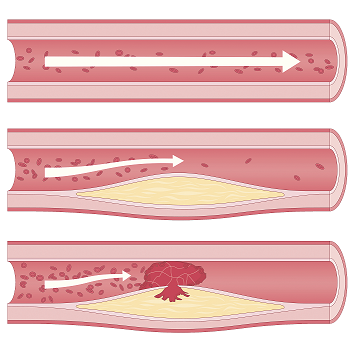Lowering cholesterol levels can be achieved through lifestyle changes and, in some cases, medication prescribed by a healthcare professional. Here are some tips to help reduce cholesterol levels naturally:
Eat a heart-healthy diet: Focus on consuming foods that are low in saturated fats and trans fats, as they can increase cholesterol levels. Instead, opt for foods rich in dietary fiber, such as whole grains, fruits, vegetables, and legumes. Include sources of healthy fats, such as nuts, seeds, and fatty fish, which contain omega-3 fatty acids that can help lower cholesterol.
Limit saturated and trans fats: Reduce your intake of red meat, full-fat dairy products, fried foods, processed snacks, and commercially baked goods, as they often contain high levels of saturated and trans fats. Replace them with lean proteins, low-fat dairy alternatives, and healthier cooking oils like olive oil.
Increase soluble fiber intake: Foods rich in soluble fiber can help lower cholesterol levels by reducing the absorption of cholesterol into the bloodstream. Include sources of soluble fiber such as oats, barley, legumes, fruits (such as apples and oranges), and vegetables (such as carrots and Brussels sprouts) in your diet.
Exercise regularly: Engaging in physical activity on a regular basis can help raise high-density lipoprotein (HDL) cholesterol, which is considered "good" cholesterol. Aim for at least 150 minutes of moderate-intensity aerobic exercise or 75 minutes of vigorous-intensity exercise per week. Additionally, include strength training exercises to build muscle mass.
Maintain a healthy weight: Losing excess weight can help lower cholesterol levels. By following a balanced diet and engaging in regular physical activity, you can achieve and maintain a healthy weight.
Quit smoking: Smoking damages blood vessels and lowers HDL cholesterol levels. Quitting smoking can have significant positive effects on cholesterol levels and overall heart health.
Limit alcohol consumption: Excessive alcohol intake can increase cholesterol levels and contribute to other health problems. If you choose to drink alcohol, do so in moderation. For men, this means up to two drinks per day, and for women, up to one drink per day.
Manage stress: Chronic stress may affect cholesterol levels indirectly by promoting unhealthy habits such as poor diet, physical inactivity, and smoking. Find healthy ways to manage stress, such as exercise, relaxation techniques, or engaging in hobbies.
Consider medication if necessary: In some cases, lifestyle changes may not be sufficient to lower cholesterol levels, especially if you have a genetic predisposition or other risk factors. Consult with a healthcare professional who can evaluate your situation and prescribe medication if necessary.
Remember to consult with a healthcare professional or a registered dietitian for personalized advice and guidance tailored to your specific needs and medical history. They can help you create an appropriate plan to manage your cholesterol levels effectively.


